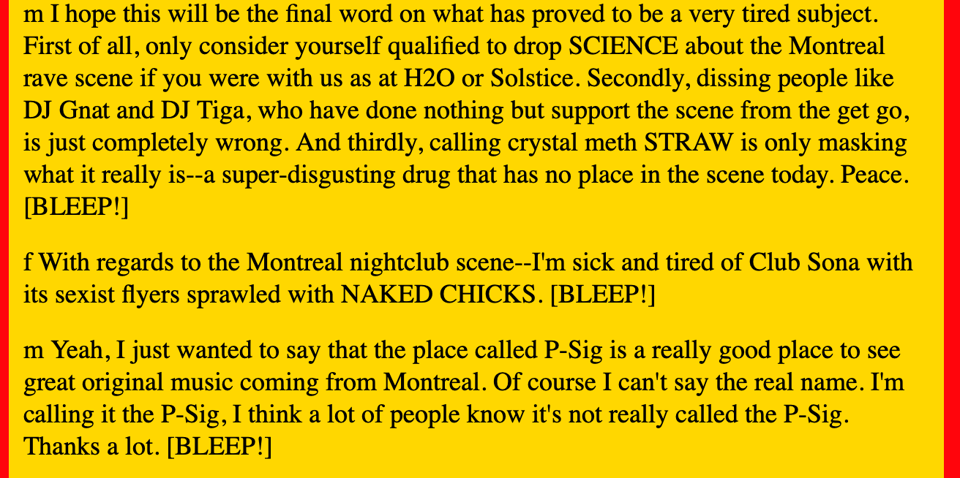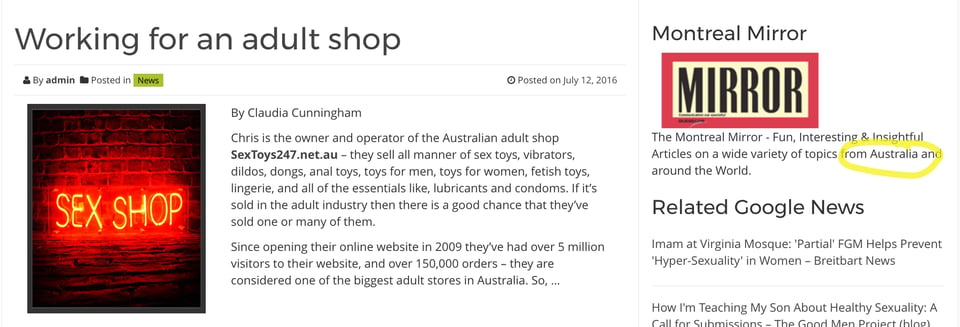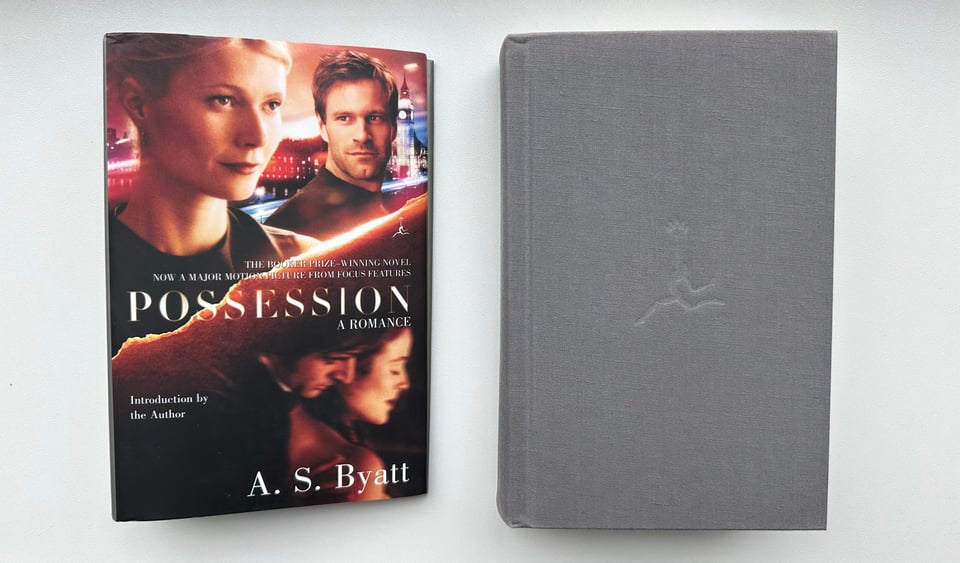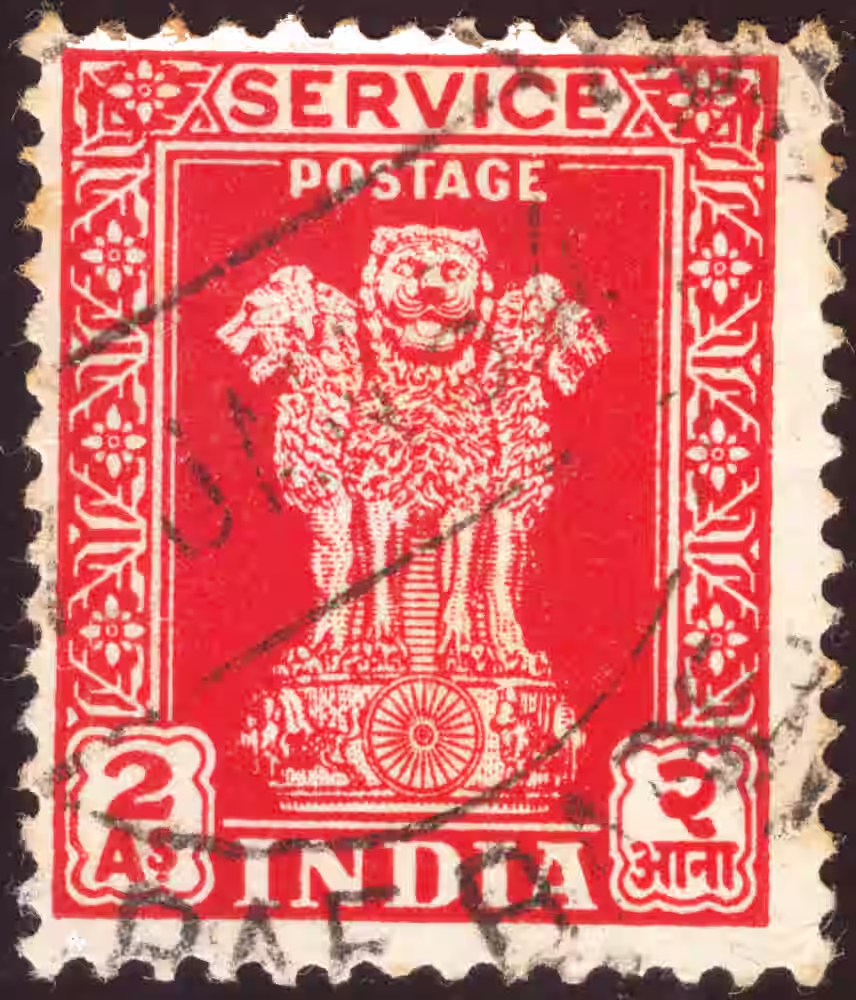Something Good #108: Where Do Our Words Go When They Die?
The indignities of the archive.


One of my favourite gigs during my years of sporadic freelance employment was as a writer and researcher for a popular technology podcast. This show, let’s call it Pathfinders, had a very very well-known host—we’ll call him “William Josephson”1—who was famous for writing doorstopper biographies about technological innovators. It was underwritten by a large computer manufacturer, call them “Knoll,” who enjoyed the halo effect of being associated with “William” and the broad concept of innovation.
Every episode covered a single topic or industry (archeology, telecommunication, skyscrapers) and presented a history of various innovations in the field. Because of the host’s celebrity status, it was always easy to get interview subjects who were leaders in their fields, (although they were sometimes disappointed to learn it would be me interviewing them, not William Josephson). For the episodes I wrote, I would interview them at length and write scripts around the transcribed interview tape for the host to read.
It was effectively a ghostwriting job, and naturally, an uncredited one. I didn’t mind. It paid well, and I got to speak to lots of interesting people. My producer Geoff had a theory that the best interview subjects were brilliant people who had worked in big corporations or institutions for decades and were never individually recognized for their contributions. They were usually just very happy to finally be able share all their stories, and were a joy to interview.
I eventually developed a parallel theory that the most interesting episodes were centered on topics that seemed the most mundane on the surface: printers, insurance, hearing aids. No one had ever dug for gold in those hills, and there was always a bounty to be found.
I had fascinating conversations with Gary Starkweather, the inventor of the laser printer; brilliant Egyptologist and archaeologist Joyce Tyldesley; original Disney Imagineer Rolly Crump (The Haunted Mansion, It’s a Small World); and many, many more. It was always a pleasure to listen to the episodes when they were released, narrated by “William” and expertly produced by the audio team. Despite it being a corporate gig, I was proud of my work.
Recently, I wanted to share one of the episodes I’d worked on with a friend. I opened my podcast app and the feed was still there, but the episodes wouldn’t download. I searched for “Pathfinders” on Google, but nothing came up. “Pathfinders Knoll”… nothing at all. There was no trace of this multi-year, celebrity-hosted big-budget audio production anywhere on the internet.
I texted producer Geoff, who’s no longer with the production company (or what remains of it after it was acquired by a media conglomerate) and he confirmed that the show been cancelled. The $30 hosting bill was no longer being paid by Knoll, a company with a near $80 billion market capitalization. And so, dozens of episodes of in-depth writing, hundreds of interviews with scientists and authors and inventors, narrated by one of America’s most acclaimed non-fiction writers, disappeared from a server in Utah or Panvel or Ballangen, and thus from the world as we can perceive it. Whether this was by design or by neglect doesn’t matter.
I was dismayed, but not surprised. I had worked as a film critic and editor for an alternative weekly, the Mirror, for ten years beginning in my early 20s. Once independent, we had for years been owned by a huge Quebec printing conglomerate. Like a distant garrison of some sprawling imperial power, we were largely forgotten, to our benefit. I don’t think we had turned a profit in years, but we were permitted to exist. Until one day, somebody upstairs noticed us, and we were not. I had left the paper about a year earlier—the writing for alternative print media was very much on the wall—but I had a feeling what might happen to the Mirror’s website, a nearly 20-year-old archive of city news, arts reporting, listings, criticism, gossip, lore etc.—the kind of hyper-local culture that the internet never actually replaced.
Within an hour of the announcement, the website was gone. Deleted. As it had never been. It would have cost the corporation pennies to keep it alive, but I can guarantee it never even occurred to them. Luckily,2 I was online at at the time, and I realized that the paper’s old website, predating its then several-year-old redesign, might still be alive. This was a garish piece of ‘90s web design, very hard on the eyes, but its obscurity was its salvation; I was able to use an app to download its archive up through 2010—missing several years of content, but better than nothing. It now lives at the Internet Archive.

The Mirror website’s story didn’t end there. A few years later, an old colleague got in touch to tell me that the website, www.montrealmirror.com, had somehow awoken back to life, but in an unsettling new format. The domain, and its content, was now owned, it seemed, by an Australian sex toys retailer, who had bought it to sell their dildoes and such, using content stripped from the original paper (mostly by our sex columnist, Sasha) to pad out the site’s content and presumably make it more Google-friendly. It was just such an indignity—not because of the dildos, mind, but the way the corpse of our work had been Weekend-at-Bernies-ed into an unconvincing parody of life.

Recently, this happened to the remains of The Unofficial Apple Weblog, with a grotesque twist: new articles, generated by A.I., were being added to the site under the bylines of its original contributors.
The Mirror URL is still active. It’s now a generic content farm full of A.I.-generated images.

This is a topic that has obsessed me for a long time. My Sad YouTube project was an attempt to hold onto tiny pieces of human culture and memory, but I was aware that at best I could hold onto a handful of grains of sand amidst an avalanche.
What is to be done? Is any of our data ever safe, at the whims of corporate bean-counters, certain-to-fail servers, general neglect? Should we just accept entropy, embrace it, even? After all, given a long enough timespan, there is near zero chance that any evidence of humanity’s existence will even be perceptible to observers, let alone stored safely.
It’s a question that Maxwell Neely-Cohen, a recent acquaintance of mine and very smart person, has addressed in a collaboration with the Harvard Law School Library Innovation Lab called “Century-Scale Storage:”
This piece looks at a single question. If you, right now, had the goal of digitally storing something for 100 years, how should you even begin to think about making that happen? How should the bits in your stewardship be stored with such a target in mind? How do our methods and platforms look when considered under the harsh unknowns of a century? There are plenty of worthy related subjects and discourses that this piece does not touch at all. This is not a piece about the sheer volume of data we are creating each day, and how we might store all of it. Nor is it a piece about the extremely tough curatorial process of deciding what is and isn’t worth preserving and storing. It is about longevity, about the potential methods of preserving what we make for future generations, about how we make bits endure. If you had to store something for 100 years, how would you do it? That’s it.
I recommend reading this piece if this subject interests you at all (it is certainly relevant to your life, whether you realize it or not). It considers everything from the mechanical properties of hard disk drives, to the precarity surprisingly centralized data centers, to various organizational structures and schemes meant to preserve data over a longer-than-lifespan scale.
None of the obvious solutions really measure up. Max’s essay is disheartening, but not hopeless. I won’t summarize his conclusions, which are nuanced and provocative, but I’ll leave you with this call to arms:
Resilience over time is not something that can be designed at the moment of inception and then forgotten. Century-scale storage requires a watchful eye that can adapt to new threats, to new paradigms, to that which could not be previously imagined. The goal of century-scale storage must be to preserve that which we have created so that others, those we will never meet, may experience their intricacies and ecstasies, their capacities for enlightenment. This should be done by whatever means necessary, whatever method or decision ensures the possibility of that future—one day at a time,—and be willing to change at any moment, to scrap and claw against the forces attempting to smother the light.

Have you ever purchased a book just for the pleasure of throwing out its dust jacket? This week’s #nojacketsrequired was submitted by: me. Please send me your finds at slutsky.mark@gmail.com and help beautify our world, just a little.
Bonus track:
I won’t add much to all the elegiac writing about David Lynch, save to say that when I found about his death, I had a “life passing before my eyes” moment where I could strongly recall where I was and who I was with whenever I had seen any of his work, and few other artists can provoke that kind of recall. Like most people I know, he meant more than can really be expressed. I will point you to this nice piece, “Fix Your Heart or Die: The Startling Empathy of David Lynch,” by Zach Vasquez.
Thanks to all who contributed to our Doctors Without Borders fundraiser; we raised almost $3,000. If you donated and sent me your address, you should have your gifts by now—let me know if you haven’t received your package, or if you forgot to send me your info, and I’ll take care of it. And if you like what you read here, please tell a friend or subscribe below.

Add a comment: